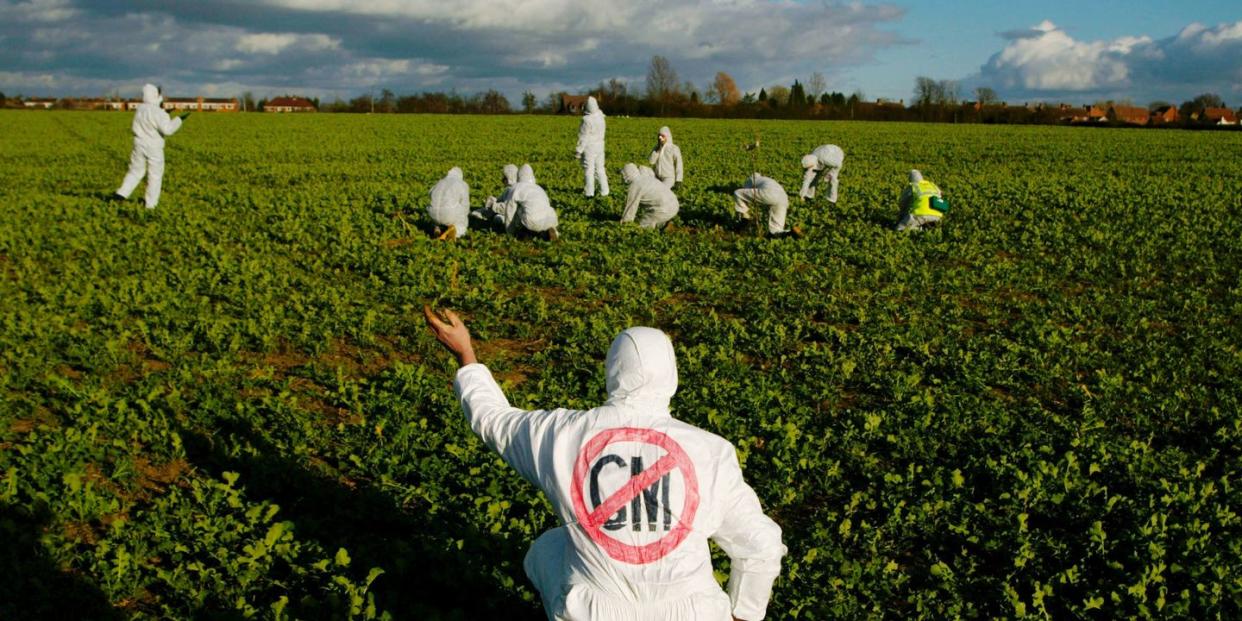The Anti-Science Brigade Isn't Stopping at Climate Change

Mr. Yeats has been getting a bit of a workout for going on the past three years but, thanks to The New York Times, we discover yet another context for some of the auld fella's more famous lines, these from "The Second Coming."
The best lack all conviction, while the worst/Are full of passionate intensity.
To wit:
The vast majority, more than 90 percent, opposed their use. This belief is in conflict with the consensus of scientists. Almost 90 percent of them believe G.M.O.s are safe — and can be of great benefit. The second finding of the study was more eye-opening. Those who were most opposed to genetically modified foods believed they were the most knowledgeable about this issue, yet scored the lowest on actual tests of scientific knowledge. In other words, those with the least understanding of science had the most science-opposed views, but thought they knew the most. Lest anyone think this is only an American phenomenon, the study was also conducted in France and Germany, with similar results.
I swear to god, someone should write a book.
In truth, science can do a lot better explaining itself to the general public and defending itself in the public mind. Messrs. Dunning and Kruger are correct as far as they go, but scientists trying to pierce the public mind these days have to overcome not only general scientific ignorance, but also active campaigns of what we can call anti-science, to borrow a useful term from the history of Holy Mother Church. These are powerful—and powerfully financed—assaults on science's ability to create consensus outside the laboratory.
In a 2014 study in Pediatrics, he helped show that a variety of interventions intended to convince parents that vaccines didn’t cause autism led to even fewer concerned parents saying they’d vaccinate their children. A 2015 study published in Vaccine showed that giving corrective information about the flu vaccine led patients most concerned about side effects to be less likely to get the vaccine. A great deal of science communication still relies on the “knowledge deficit model,” an idea that the lack of support for good policies, and good science, merely reflects a lack of scientific information...
In 2016, a number of researchers argued in an essay that those in the sciences needed to realize that the public may not process information in the same way they do. Scientists need to be formally trained in communication skills, they said, and they also need to realize that the knowledge deficit model makes for easy policy, but not necessarily good results. It seems important to engage the public more, and earn their trust through continued, more personal interaction, using many different platforms and technologies. Dropping knowledge from on high — which is still the modus operandi for most scientists — doesn’t work.
The index patient of this dangerous phenomenon is, of course, the propaganda campaign against the reality of the climate crisis. This case study, so far, is not promising. It's almost as though fact is that which enough people believe. Truth is determined by how fervently they believe it. It is science's job to break down that manufactured truism for our own good.
Respond to this post on the Esquire Politics Facebook page here.
You Might Also Like

